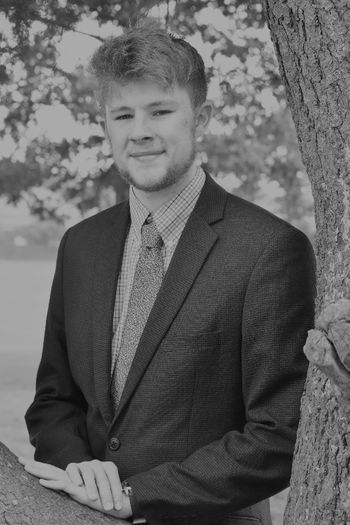'Do not call the police': Activist video encourages attack victims to 'not rely' on law enforcement
A self-defense class at St. Edward’s University apparently assigns a video to students that instructs them to not call the police in the instance of a racist attack.
'I do not believe this was an appropriate video to be presented as academic content,' a student in the class told Campus Reform.
A course at St. Edward’s University appears to assign a video that appears to encourage viewers to not call the police during a “racist” attack.
The course at the Texas university, “Basic Self Defense,” apparently uses the video “Don’t be a Bystander: 6 Tips for Responding to Racist Attacks” as a part of the assignment.
The video, created by the Barnard Center for Research on Women, offers students six tips on how to intervene in the case of an attack based on an “abolitionist approach to bystander intervention that does not rely on the police.”
The fourth tip in the video, which advises students to “not call the police,” accuses police of seeing minorities as criminals.
“Because police have been trained to see people of color, gender non-conforming folks, and Muslims as criminals, they often treat victims as perpetrators of violence,” the video states.
[RELATED: Abolish the police 101: College courses teach students that police, prisons must go]
Additionally, the fifth and sixth tips tell students to talk to their friends and families every day about “anti-Blackness” and to organize and fund protests.
Campus Reform obtained a screenshot of the video being listed under “Learning Materials” within the “Assignments” section on the course’s Instructure page.
Instructure is a digital curriculum platform.
According to the screenshot, students were then asked to answer questions regarding the video. Questions for discussion included: “What are the 6 tips outlined in the ‘Responding to Racist Attacks’ video?” and “Which tip seems the most difficult to follow and why?.”
The screenshot indicates that the class is being taught this semester. Campus Reform spoke with a student to confirm that the course is being taught during the spring 2022 semester.
A student in the class, who wished to remain anonymous due to fear of retribution, told Campus Reform that there was open discussion in class regarding the exercise. However, he stated that the assignment was based on right or wrong answers regarding the steps needed to be taken as an active bystander.
This made the dissenting student allegedly uncomfortable with answering the question.
[RELATED: Prof touts ‘unrecorded’ lecture series about pushing ‘cops off campus’]
“I felt uncomfortable about having my name next to an answer I did not agree with, regardless of whether it was right,” the student said. “I do not believe this was an appropriate video to be presented as academic content.”
The student continued, “I feel for the students who view this curriculum as correct information and do not understand their ability [or] free will to think for themselves outside of it.”
Other universities have included anti-police elements in their courses even going as far as advocating for the abolition of the police.
Courses at Columbia Law School and Wesleyan University encouraged students to become anti-police activists, while a course at U.C. Santa Cruz called abolishing the police an “imperative.”
Campus Reform reached out to the course instructor and the university for comment. This article will be updated accordingly.

